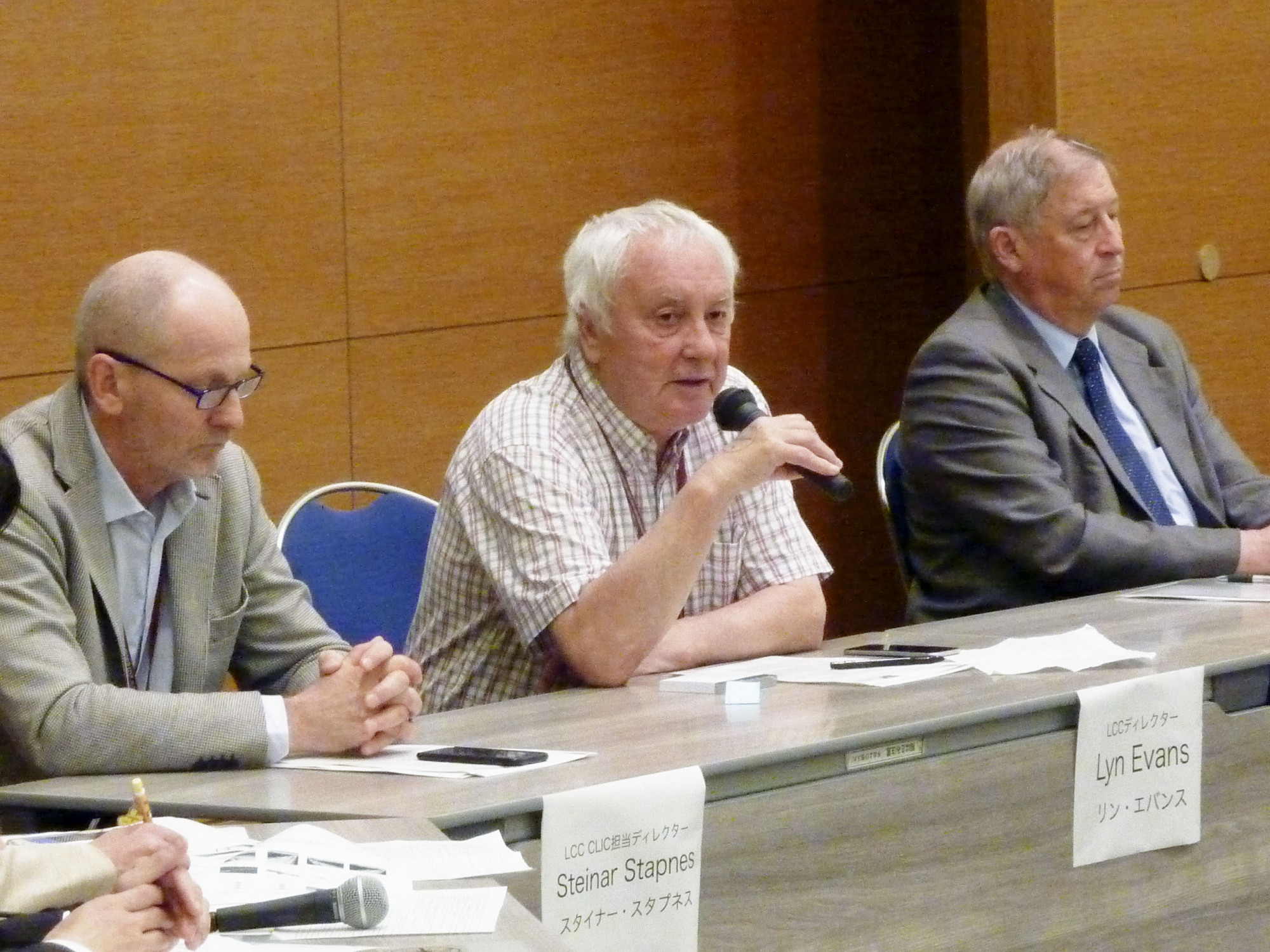Twenty-five years after particle physicists began studying prospects for a linear collider, Japan is poised to decide whether to pay for half of the $7 billion project and build the 20-kilometer-long superconducting tunnel in mountains northeast of Tokyo.
Prospective suppliers — from Mitsubishi Heavy Industries Ltd. and Hitachi Ltd. to Thales Group Inc. and Air Liquide SA — are awaiting a verdict by the end of this year for the project that could generate as much as ¥5.7 trillion in economic activity, according to estimates by a business group in Iwate Prefecture where the International Linear Collider (ILC) will be built.
The ILC is being billed as the world's most advanced particle physics lab. Like the Large Hadron Collider, or LHC, on the French-Swiss border, it is designed to accelerate particles close to the speed of light and smash them at high energy levels. Physicists around the world use these massive facilities to study the behavior of particles in hopes of gaining a deeper understanding of how they behave and, consequently, how the universe came into being.



